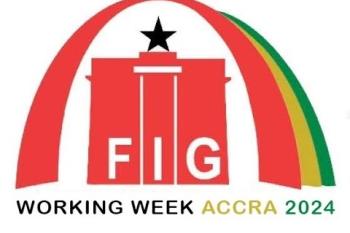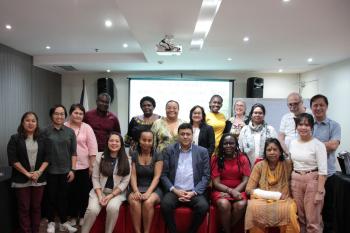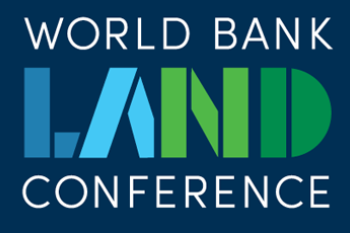How communities in the Philippines are using community-driven data to implement evidence-based responses to the COVID-19 pandemic
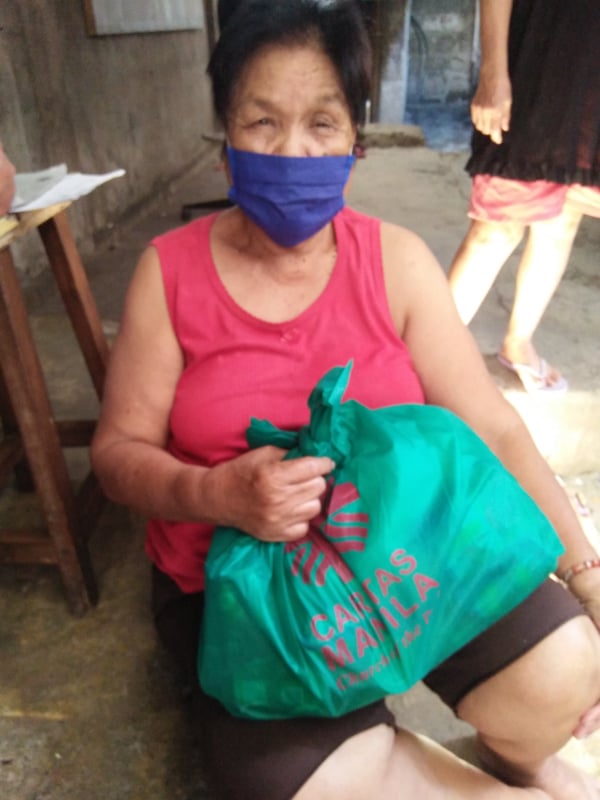 House to house distribution of relief supplies to the community members in Muntinlupa (photo c/o of HPFPI Muntinlupa)
House to house distribution of relief supplies to the community members in Muntinlupa (photo c/o of HPFPI Muntinlupa)
The Philippines’ Department of Health (DOH) in June 2020 recorded nearly 37,000 cases of COVID-19 among Filipinos (https://www.doh.gov.ph/covid-19/case-tracker), making the country one of the leading in Southeast Asia in coronavirus infections. The urban poor whose physical and socio-economic living conditions are particularly vulnerable to this global pandemic. Their crowded settlements and limited access to clean water means they are unable to practice physical distancing and proper handwashing as the primary means to mitigate the spread of the virus within their communities. While these basic needs remain unaddressed, the urban poor also face equally pressing issues of economic survival due to the prolonged imposition of lockdowns in the country. Community-led COVID-19 response GLTN partners in the Philippines have been at the forefront in responding to address the negative impacts brought about by pandemic. Homeless People’s Federation Philippines Inc. (HPFPI), Philippine Action for Community-led Initiatives Inc.(PACSII) and Technical Assistance Movement for People and Environment Inc. (TAMPEI) in collaboration with their member-communities from across the regions of the Philippines have developed strategies to alleviate the effects of COVID-19. These partners have been using the spatial and socio-economic data collected during previous community-mapping exercises to help identify and locate the most vulnerable households within their respective communities. The data on household incomes is facilitating community leaders to help their members benefit from the government’s Social Amelioration Program (SAP) through the Department of Social Welfare and Development (DSWD).
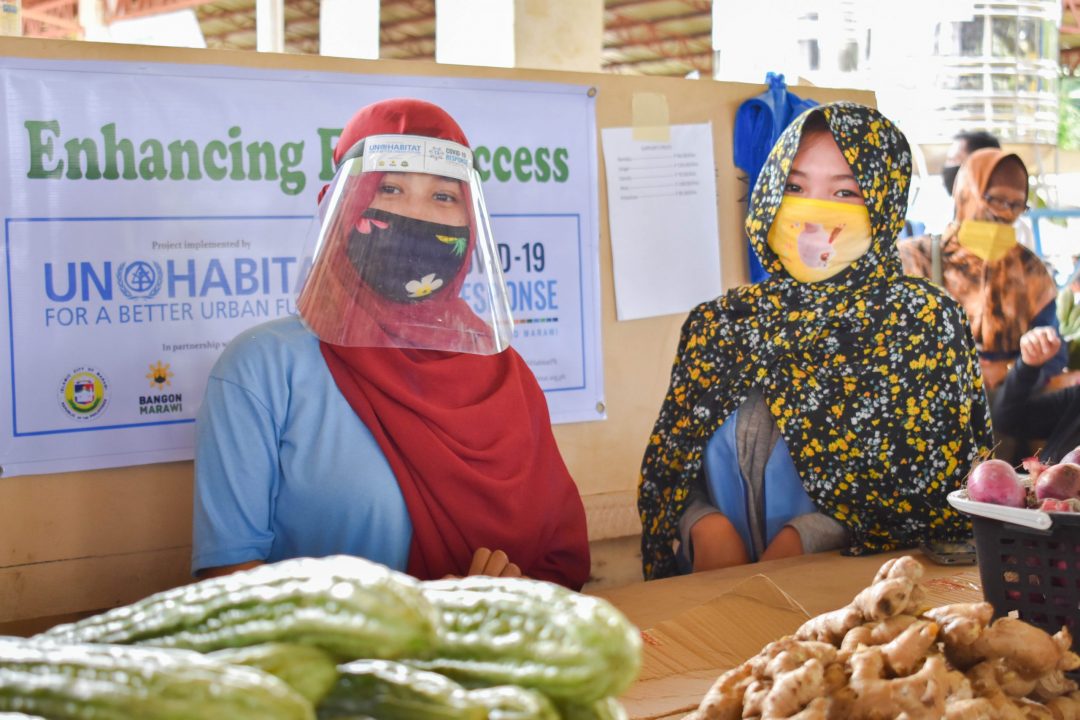 A youth in Marawi who serves as one of the frontliners in serving the mobile market in their area, project of UN Habitat Philippines (photo c/o of UN Habitat-Marawi Project)
A youth in Marawi who serves as one of the frontliners in serving the mobile market in their area, project of UN Habitat Philippines (photo c/o of UN Habitat-Marawi Project)
The data has also been used in assessing the community’s savings fund that was used to augment food security and sanitation concerns through the procurement and provision of food supplies and disinfection kits to all households within their respective communities. Other interventions that benefitted from the availability of community data included relief operations, implementation of lock down policies at the level of community, health monitoring especially for the elderly and infant groups and the deployment security volunteers in the community. These interventions underline the importance of community mobilization in addressing poverty and urban resilience particularly in the context of the current COVID-19 pandemic. Using STDM-generated mapping in rebuilding post-conflict Marawi The importance of community-driven data has not only been important in urban informal settlements. In Marawi, a post-conflict area in the southern region of the Philippines, UN-Habitat has been providing hand washing stations and protective equipment as part of the ‘Covid-19 Response as we Rebuild Marawi’ project. In this initiative, GLTN’s Social Tenure Domain Model (STDM) has been implemented to generate spatial data initially for 10 barangays with planned upscaling to an additional 15 barangays. These targeted barangays are the areas where the Internally Displaced Persons (IDPs) resulting from conflict temporarily reside in so-called transitional housing. The STDM-generated maps were used to support the communities through the construction of a satellite market and a mobile store for UN Habitat Philippines. This initiative that seeks to bring the market closer to the community with reasonably-priced foods and essential goods in being implemented in partnership with homeowners’ associations and cooperatives.
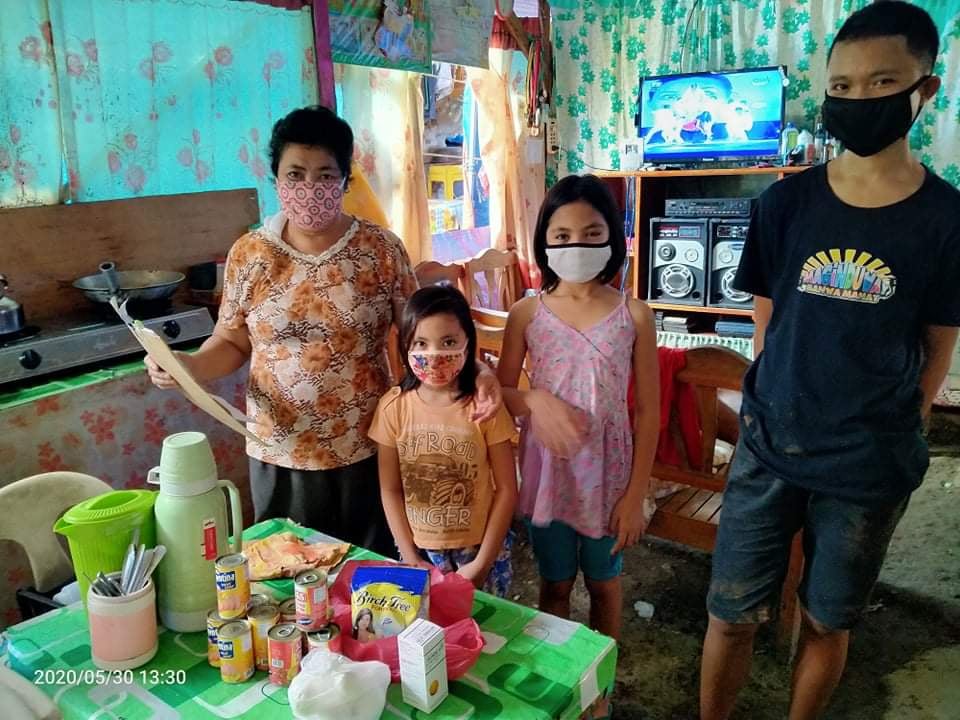 All household members present during relief distribution during community quarantine in Davao (photo c/o of HPFPI Davao)
All household members present during relief distribution during community quarantine in Davao (photo c/o of HPFPI Davao)
“No one is prepared to the coming of this pandemic, rich or poor, no one is excused, no one is exempted,” reflected the community members from Davao. Significantly, what this pandemic has taught us is to be united and to discover opportunities amidst the crisis. Having systematic database as a product of community mapping is fundamental in identifying gaps and appropriate actions for varied contexts of humanitarian responses. These participatory interventions are making sure that no one is left behind”.
